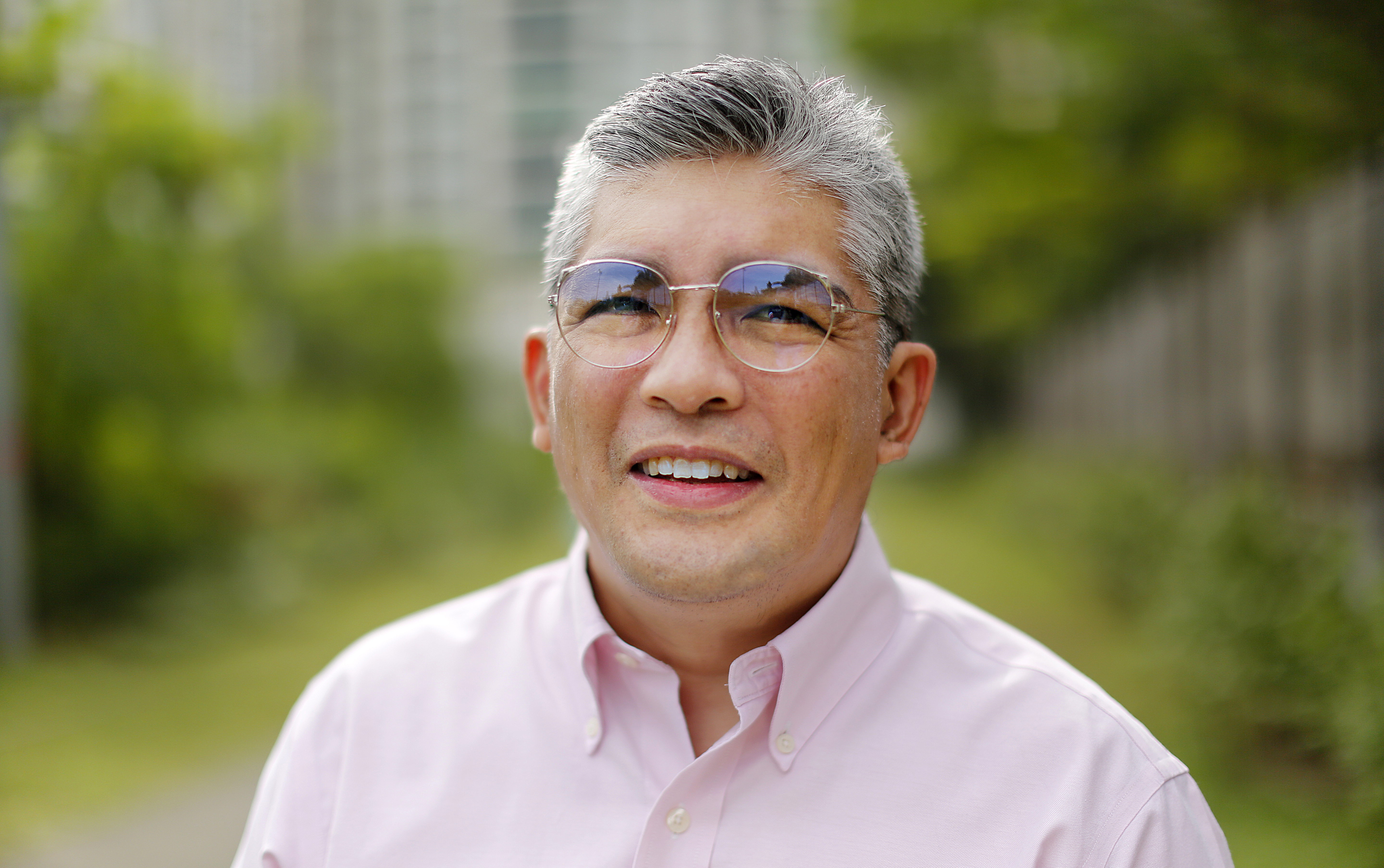OFF THE BEATEN PATH

Midway through the celebration of the National Indigenous People’s Month pursuant to Proclamation No. 1906, series of 2009, let us not ignore the challenges they confront in accessing reliable and affordable energy. While those from the more developed areas are not spared from the high electricity bills and occasional power outages, energy crisis hits the more vulnerable populations differently. In April 2023, the Sangguniang Panlalawigan of Occidental Mindoro declared a state of calamity due to low power supply, followed shortly by the City Council of the Island City of Samal.
As subsistence agriculturalists, the Mangyans of Mindoro rely heavily on their forest-based livelihoods. Energy development projects can significantly disrupt their traditional way of life. Badjaos of Samal, nomadic seafarers as they are, still rely on coastal communities for essential services like healthcare. With hospitals operating on reduced capacity, risks to their health and economic wellbeing can only be compounded.
Broader picture
Their narratives only form part of what affects us entirely. As a developing nation, the Philippines shifted its energy dependency from oil to coal in the 1970s to mitigate the impact of the oil crisis. We refer to the oil embargo imposed by members of the Organization of Arab Petroleum Exporting Countries (OAPEC) leading to fuel shortages and sky-high prices throughout much of that decade. However, the chosen solution ultimately presented its own set of consequences in terms of environmental degradation. Today, the country continues to race towards energy security, exploring renewable energy options.
Transmission development
In an important roundtable discussion of the European Chamber of Commerce in the Philippines 2023 Advocacy Papers, specifically the chapter on Renewable Energy and Energy Efficiency, stakeholders from the academe and government agree that transmission development remains a critical issue for the country's energy sector, both in the short and long term. Just as a national highway connects different cities and towns, the electrical grid connects power plants and consumers across the archipelago, ensuring a reliable flow of electricity. It also necessarily means that a robust grid is a prerequisite for the successful integration of renewable energy sources.
Policy advocating green energy
Republic Act No. 9513 or the Renewable Energy Act aims to promote the development of renewable energy sources, such as solar, wind, and geothermal power, to reduce the country's reliance on fossil fuels and achieve energy self-sufficiency. By diversifying the country's energy mix and exploring renewable energy options, the statute seeks to mitigate the risks associated with price fluctuations in the international energy markets.
It is worth noting that in implementing this law, the Department of Energy (DOE) issued Department Circular No. 2022-11-0034 which lifts the previous requirement that the exploration, development and utilization (EDU) of solar, wind, hydro and ocean or tidal energy sources can only be undertaken by Filipino citizens or juridical entities that are at least 60 percent Filipino-owned.
The proposed Philippine National Nuclear Energy Act, filed as House Bill No. 704951 deserves our full scrutiny as we contend with the safety aspects of the measure. Manila Electric Company, the biggest private electric distribution utility here, has started training its engineers by sending them to countries where the sector is mature.
Lives over profit, always
If we are to future-proof power, the Philippine experience tells us that policy, the kind we see in black and white, is never enough. The resolutions of those who implement the law must ever possess the preferential bias to environmentally friendly and yes, indigenous, low cost of energy resources. For one, RA No. 9513 has a lot of mechanisms that are ready to operate under executive powers that mean genuine inclusive development.
For the indigenous peoples, as with all others, energy transitions can only be deemed just if these acknowledge past injustices and address present development challenges. Every project that aims to introduce progress must be balanced with the free, prior and informed consent (FPIC) of these minority communities, which we are duty-bound to protect.
(Atty. Gregorio “Goyo” Larrazabal is a former Comelec commissioner. He is a pioneer of automated elections being a member of the Commission that successfully modernized Philippine elections in 2010. He remains involved in public service as an election lawyer. Email: [email protected])